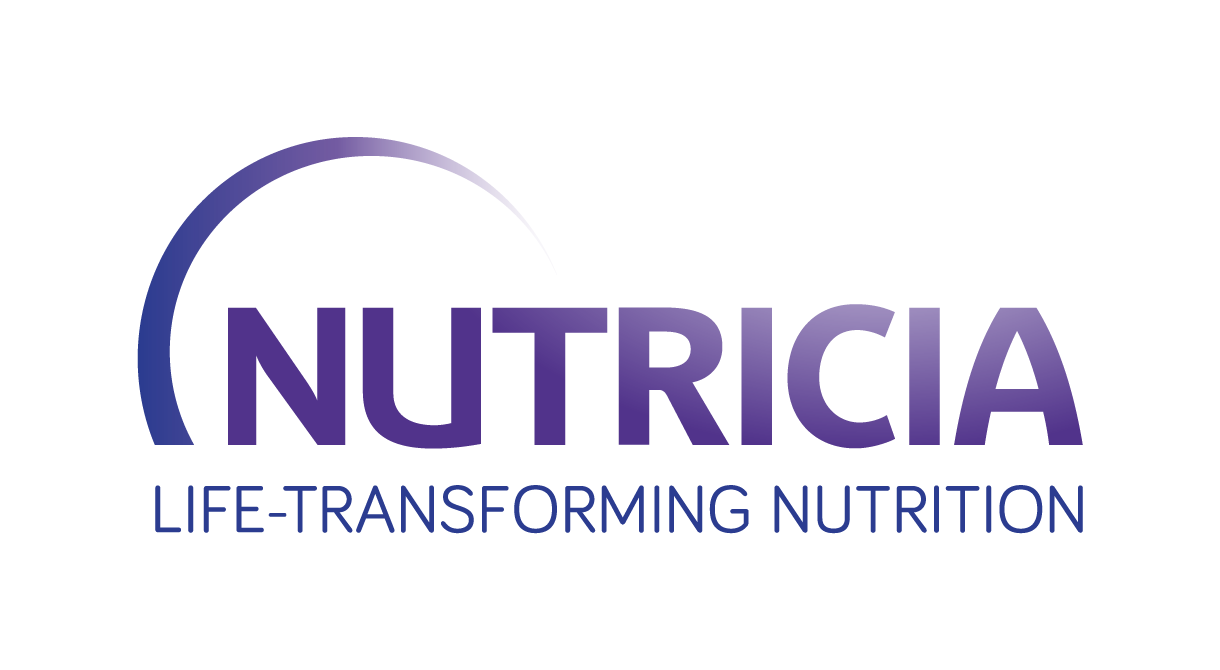
Opting for a better approach.
Proton pump inhibitors (PPIs) were developed in the 1980s. Omeprazole, the first to be marketed, is on the WHO Model List for Essential Medicines.1
On the basis of their superior efficacy in acid suppression, they have become one of the most commonly prescribed drug classes in Australia (esomeprazole and pantoprazole regularly rate in the top five PBS drugs by volume).2,3
Nevertheless, in the belief that PPIs are sometimes used longer than necessary and in too high a dose, following recommendations from the Pharmaceutical Benefits Advisory Committee, restrictions have now been applied to PBS prescribing.4
It’s timely, therefore, that Dr Rupert Hinds, from the Department of Gastroenterology, Monash Children’s Hospital, and colleagues, have recently drawn attention to often unnecessary and inappropriate use of PPIs to treat gastro-oesophageal reflux (usually described as regurgitation) in infants.5 They describe the nature and extent of interactions between community pharmacists and families of infants seeking advice and/or information about so-called functional gastrointestinal disorders (FGIDs) – not only reflux, but also colic and constipation.5
The survey study presents results from a 15-question online survey that community pharmacists completed in about five minutes from provided options.
The distribution of the 362 respondents was broadly representative of the Australian population – about 80% lived in NSW, Victoria or Queensland. And it was reported that more than 79% of respondents had over five years’ experience in clinical practice.
Regular FGIDs conversations
It is well recognised that FGIDs are seen in up to 30% of all infants.6 So, it’s no surprise that the study results showed almost all (99%) community pharmacists regularly have conversations with parents about symptoms of either constipation, colic or reflux being experienced by their infants.
At least once a week, the data showed, 85% of pharmacists have conversations relating to constipation; with slightly fewer (76%) having at least weekly conversations about colic or reflux. The study aimed to provide information, not just about frequency of interactions, but also what information and/or advice was given, and why; where the pharmacists obtained their information; and what further information with respect to guidelines they would value.
Algorithms, the authors point out, have been developed for the practical management of FGIDs; and they focus on nutritional advice, parental support and parental reassurance. Nevertheless, according to the survey results, pharmacists are more likely to recommend medicine as a solution for symptoms of constipation, colic or reflux than nutritional advice. Even so, the most frequently mentioned solutions were neither medical nor nutrition related. For constipation, 60% of pharmacists recommended increased water consumption but only slightly more than the recommendation to give laxatives.
In the case of colic, most pharmacists recommended physical soothing, although more than half recommended either gripe water or “gas drops” – products which, the authors state, clinical studies and reviews have largely considered as placebos.
Pharmacists on reflux
The strongest recommendations for reflux in infants were for GP referral or holding the baby upright after feeding and/or raising the head of the infant’s crib or basinet – strategies supported by the Australian Breastfeeding Association.7
Feed thickener in bottle feeds, gripe water and probiotics were also recommended. But around a quarter of pharmacists surveyed reported that acid suppressants (PPIs and H2-antagonists) were typically dispensed on prescription – despite poor efficacy and possible association with allergy and obesity.8–10
Practice experience was a big differentiator in the behaviour of pharmacists and recommendations made. Those more experienced had a broader depth of knowledge and offered a broader range of solutions. Less experienced pharmacists were more likely to refer parents/carers to a GP for evaluation.
Regurgitation of gastric contents is very common in the first year of life. In most infants it is a normal physiological process; it affects about 50% of healthy babies.11 There is some evidence that anti-reflux formulas, which are thickened, can be effective in the treatment of mild, uncomplicated reflux12; and, according to the survey results, the more experienced pharmacists were more likely to recommend this strategy. But, overall, there was no correlation between experience and whether advice was given on nutritional matters.
Medication recommendations
The Hinds/Nutricia research has revealed some important findings. Firstly, the interactions under review are common with more than 20% of pharmacists having two to three conversations per week with parents about constipation, colic or reflux.
Secondly, despite the publication of treatment algorithms that focus on nutritional advice, parental support and parental reassurance, medication was a common recommendation in all three of the FGIDs considered.
Most concerning, they suggest, was the high rate of recommended medication for infants with possible reflux. It is noteworthy, therefore, that reflux was the most sought-after condition for which guidelines were requested by the pharmacists surveyed.
The survey results provide a welcome overview of Australian pharmacists’ current management recommendations for FGIDs in infants which suggest the need for greater emphasis to be given to the education of healthcare professionals involved in the management of FGIDs in infancy, as well as easily accessible evidence-based national guidelines.
Almost certainly, there is also a need for more general education for pharmacists about nutrition and health at both undergraduate and post-graduate level.
References
- World Health Organization. WHO model lists of essential medicines. At: who.int/medicines/publications/essentialmedicines/en/
- NPS Medicinewise. Proton pump inhibitors: too much of a good thing? At: nps.org.au/news/proton-pump-inhibitors-too-much-of-a-good-thing
- NPS Medicinewise. Australian Prescriber: Top 10 drugs 2017–18. At: nps.org.au/australian-prescriber/articles/top-10-drugs-2017-18
- NPS Medicinewise. Proton pump inhibitors: PBS changes May 2019. At: nps.org.au/radar/articles/proton-pump-inhibitors-pbs-changes-may-2019
- Hinds R, Loveridge, Lemberg DA, et al. Functional gastrointestinal disorders in infants: Practice, knowledge and needs of Australian pharmacists. J. Paediatr. Child Health 2019. Epub: 2019. At: https://www.ncbi.nlm.nih.gov/pubmed/31183924
- Vandenplas Y, Abkari A, Bellaiche M, et al. Prevalence and health outcomes of functional gastrointestinal symptoms in infants from birth to 12 months of age. J Pediatr Gastroenterol Nutr. 2015;61(5):531–7. At: https://www.ncbi.nlm.nih.gov/pmc/articles/PMC4631121/
- Australian Breastfeeding Association. Reflux 2015. At: breastfeeding.asn.au/bf-info/common-concerns-baby/reflux
- Orenstein SR, Hassall E, Furmaga-Jablonska W, et al. Multicentre, double-blind, randomized, placebo-controlled trial assessing the efficacy and safety of proton pump inhibitor Lansoprazole in infants with symptoms of gastroesophageal reflux disease, J Paediatr 2009;154(4):514– 20. At: https://www.ncbi.nlm.nih.gov/pubmed/19054529
- Mitre E, Susi A, Kropp LE, et al. Association between use of acid-suppressive medications and antibiotics during infancy and allergic diseases in early childhood. JAMA Pediatr 2018. Epub 2018 Jun. At: https://www.ncbi.nlm.nih.gov/pmc/articles/PMC6137535/
- Stark CM, Apryl S, Nylund C. Antibiotic and acid suppression medications during infancy are associated with early childhood obesity. Pediatrics 2018;141(1). Epub 2018 January. At: https://www.researchgate.net/publication/332911076_Beneficial_effect_of_probiotics_supplements_in_reflux_esophagitis_treated_with_esomeprazole_A_randomized_controlled_trial
- Tighe M, Afzal NA, Bevan A, et al. Pharmacological treatment of children with gastro-oesophageal reflux. Cochrane Library 2014. Epub 2014 November 24. At: https://www.cochranelibrary.com/cdsr/doi/10.1002/14651858.CD008550.pub2/abstract
- Kwok TC, Ojha S, Dorling J. Feed thickener for infants up to six months of age with gastro-oesophageal reflux (Review). Cochrane Database of Systematic Reviews 2017; Issue 12. At: https://www.ncbi.nlm.nih.gov/pubmed/29207214
| Access CPD www.australianpharmacist.com.au/fgids-paediatrics/ |



 John Jones MPS, pharmacist immuniser and owner of My Community Pharmacy Shortland in Newcastle, NSW[/caption]
John Jones MPS, pharmacist immuniser and owner of My Community Pharmacy Shortland in Newcastle, NSW[/caption]


 Debbie Rigby FPS explaining how to correctly use different inhaler devices[/caption]
Debbie Rigby FPS explaining how to correctly use different inhaler devices[/caption]




 Professor Sepehr Shakib[/caption]
Professor Sepehr Shakib[/caption]

 Lee McLennan MPS[/caption]
Lee McLennan MPS[/caption]
 Dr Natalie Soulsby FPS, Adv Prac Pharm[/caption]
Dr Natalie Soulsby FPS, Adv Prac Pharm[/caption]
 Joanne Gross MPS[/caption]
Joanne Gross MPS[/caption]








